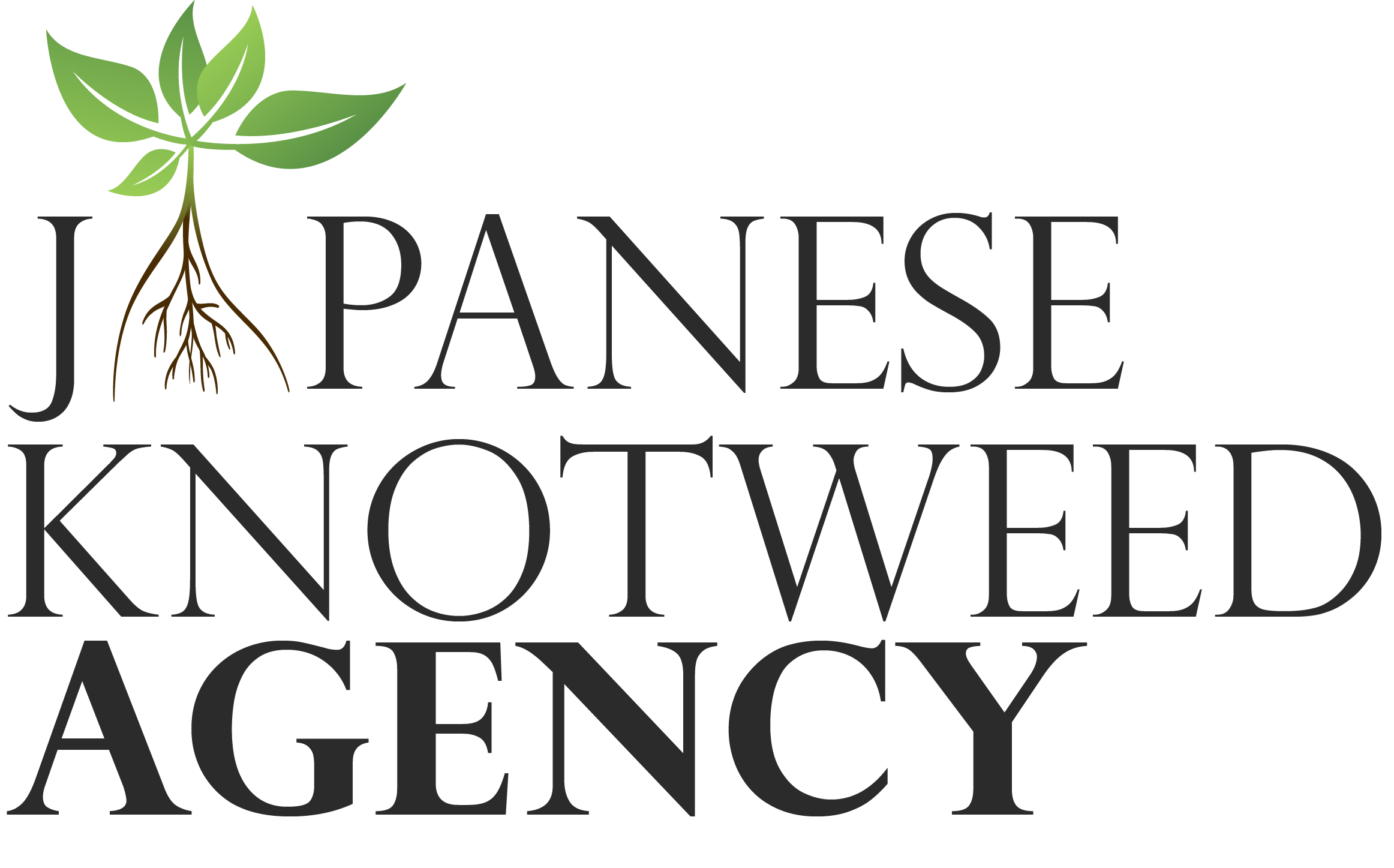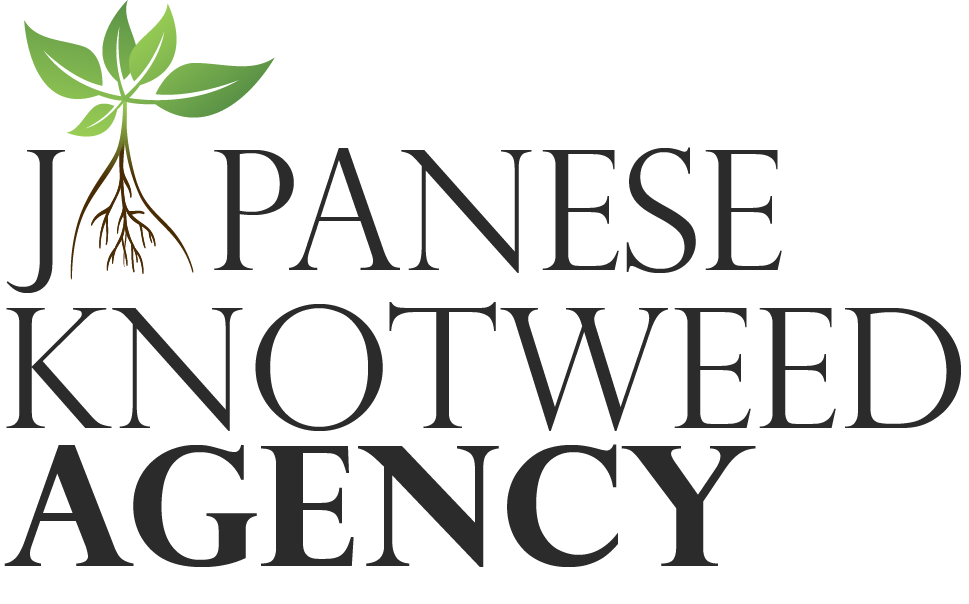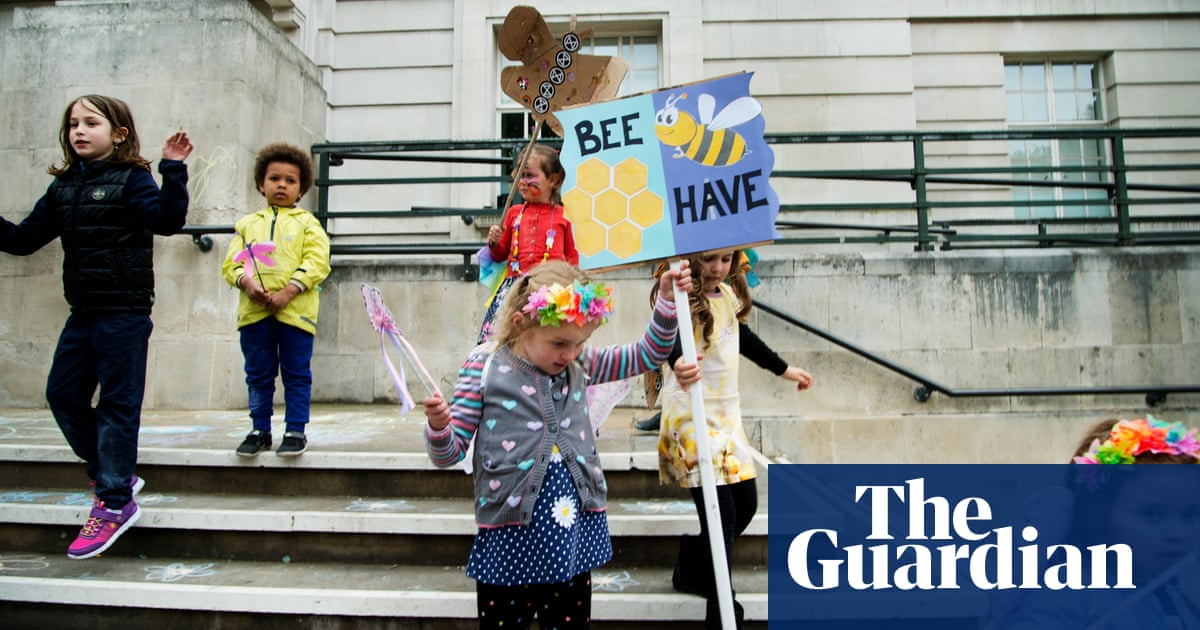Permanent ban on using glyphosate weedkiller approved by councillors
Liberal Democrat councillors have approved a permanent ban on the use of Glyphosate weedkiller to control weeds in streets across the area.
The controversial chemical will now only be used for dangerous, invasive weeds including Giant Hogweed and Japanese Knotweed. A major problem surrounding this decision is that these insidious weeds can be found everywhere including all public areas, schools & homes, posing a threat to locals. Typical treatment for Japanese Knotweed is carried out over a period of years (5/10 years), during this consistent treatment Glyphosate has been sprayed in an area, the soil is highly contaminated by the chemical & there has not been any research to prove the duration that the chemical will remain and pose a danger to health.
If Japanese Knotweed is taken to a dedicated waste site, it is controlled waste and must go to a site that accepts Japanese Knotweed. If the Knotweed has ever been treated with Glyphosate, it is then contaminated waste, and is a whole different process for waste.
The Council are looking into other alternatives to weedkiller and will prioritise for street weeds, and additional funding will be introduced for mechanical and manual weed removal from the next financial year.
Bath & North East Somerset Council says it will also research viable alternative methods of weed control and will look to work with communities to manage street weeds in some locations.
Cabinet member for Neighbourhood Services, Councillor Dave Wood, commented: “In April we will be trialling £950k of investment in frontline services from street cleaning to graffiti, from repairing roads to banning Glyphosate for street weeds with immediate effect.
This will contribute to our work in response to the ecological emergency, significantly reducing the use of chemicals in our operations and providing greater flexibility in how street weeds or pavement plants are managed.
We are all proud of our area and want it to look its best. Under the Liberal Democrats we are working hard to reverse the cuts, balance our books and give residents the services they deserve.
Councillor Jess David, the Council’s member advocate for biodiversity, welcomed the move and commented: The use of herbicides has a significant impact on the environment by indiscriminately destroying plants that are an important source of food and habitat for wildlife.
As well as having the support of organisations like the Soil Association, 3,500 people have signed a petition to this Council asking that we stop the use of glyphosate on our streets.
We have stated publicly that we are facing a climate and ecological emergency, and I believe that stopping the annual street-spray is an important step in changing the way we operate.
This is great news for local biodiversity, allowing more plants to flower and offer benefits. I know this will be welcomed by the many residents that have been in touch with us on this issue.
In my role as member advocate for biodiversity I welcome other actions that the Council is taking to support local biodiversity including altering our mowing regime, identifying sites with rare species, and planting new wildflower areas.
I am also delighted to see that our Local Plan Update includes the requirement for developers to deliver a 10% net gain in biodiversity and that developer contributions may be used for biodiversity projects.
The Lib Dems are committed to addressing the Climate and Nature Emergency and to responding to the growing calls from our communities who want to see action on biodiversity and habitat restoration.
Alternative non-chemical treatments are available.
Japanese Knotweed Agency is the first and currently only entity that offers a non-chemical Thermo-Electrical treatment against Japanese Knotweed. Delivering up to 5000 volts directly to the weed stalks and crowns, sends a massive destructive shock throughout the weed effectively boiling it in situ and it should decompose and leave no trace. It may take several treatments as would chemical treatment, but with thermo-electrical treatment, the ground is left 100% safe and chemical free. Treatment does not affect the ground or land or other foliage next to the treated weed.
Japanese Knotweed Agency will now offer this service across England and Wales throughout 2023 and beyond.
Treatment of weeds such as Japanese Knotweed can now be done safely, and without the use of Glyphosates, protecting our environments and the health of children and adults and wildlife, and is a massive step forwards that has been needed for decades in line with Europe.
Read more about the Japanese Knotweed Agency and their Thermo-Electric eradication on our website: https://japaneseknotweedagency.co.uk/rootwave/thermo-electrical-treatment/
Or call us freephone 03335 777 888


